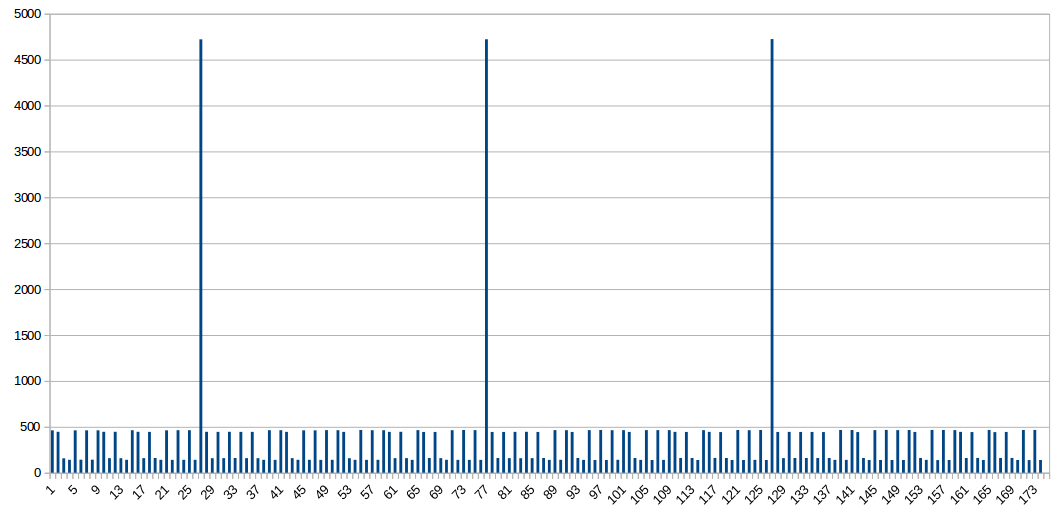

In terms of turning this into a tool there's the interesting problem that there is a graph that comes in from the outside world (and could be regenerated) and also data that represents the curation of the graph (Do I show this? What color is this line? What position does this node get displayed at?) You've got to be able to edit one independently of the other and deal with things sometimes getting out of sync to have a tool that advances over the state of the art.
#MYNOTES JAVA REGISTRATION#
For example, a UML diagram for all the database tables on the system I am working on now would have to be printed out on a wall to make any sense, but if I picked out the tables involved in a new user registration that would be useful.Īnd saw a series of drafts he'd made where he had drawn many different versions of a conspiracy social network and gradually went from a hairball to something that looked meaningful. My answer to it is that graphs need to be manually curated. Otherwise you may end up with a framework that can do anything, but in a way nobody wants.

Usually it's better to build a good product first, and then to extract the framework bits once they've proved productive. This kind of flexibility is intrinsically appealing to programmers, but the resulting user experience leaves a lot to be desired. Unless a custom server-side processing is required, no imperative code such as Java or JavaScript needs to be involved at all. The default application structure and user interface are provided, but they can be completely overridden and customized. >What makes LinkedDataHub unique is its completely data-driven architecture: applications and documents are defined as data, managed using a single generic HTTP API and presented using declarative technologies. Maybe academic researchers writing software for their lab? I presume most commercial developers would prefer to use their existing application tooling.

I'm curious what application developers approach the knowledge graph space looking for a "full stack framework". I work on an application ( ) that would be better with more Knowledge Graph, but I don't need a framework.
#MYNOTES JAVA FULL#
> developers who are looking for a declarative full stack framework for Knowledge Graph application development, with out-of-the-box UI and API Who is using these things already day-to-day? Graphs are cool, and SPARQL has a certain appeal. I don't know anyone working with RDF or SPARQL documents, but I'm curious about these technologies. I would be interested in reading a user story of a few paragraphs about how this works. > researchers who need an RDF-native notebook that can consume and collect Linked Data and SPARQL documents and follows the FAIR principles > We are building LinkedDataHub primarily for: What is the use-case for this software? From the README:


 0 kommentar(er)
0 kommentar(er)
